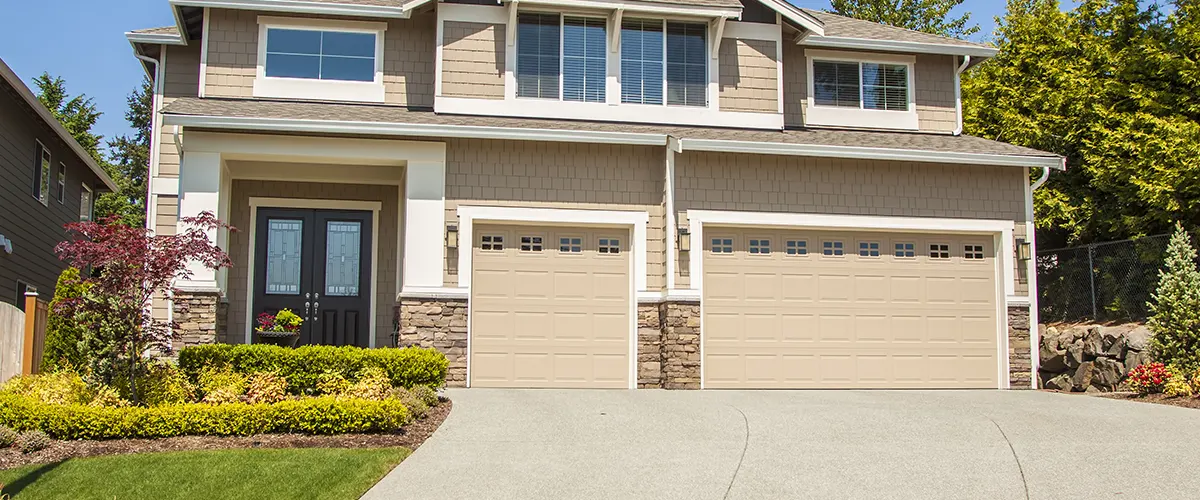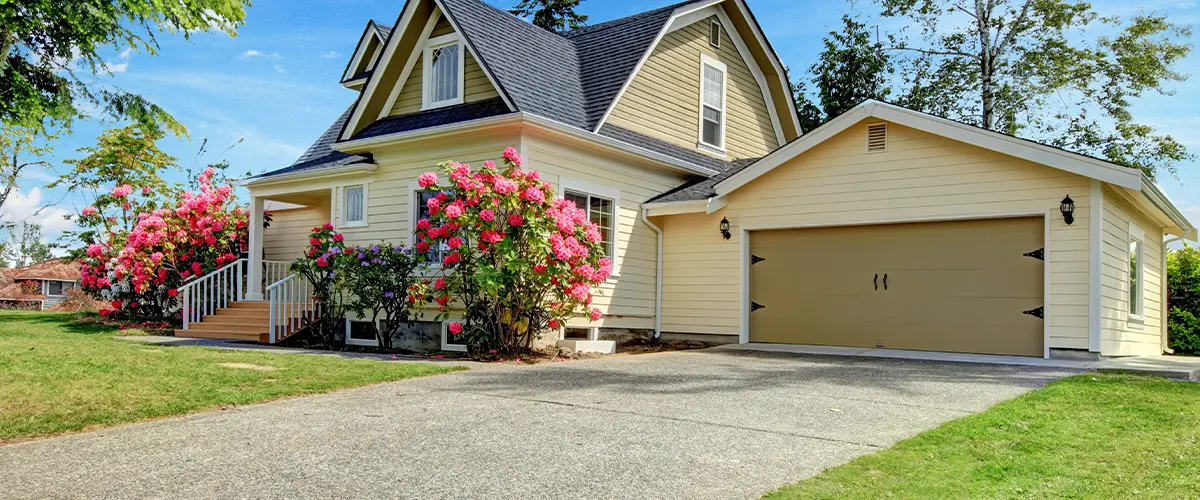If you’re in the market for a new driveway, you may be wondering whether asphalt is the right choice. Asphalt driveways have become increasingly popular in recent years, and for good reason – they offer several benefits that other materials can’t match.
However, asphalt also has its drawbacks, so it’s important to consider all of the pros and cons before making a decision. In this blog post, we’ll take a closer look at both the pros and cons of asphalt driveways. We’ll also help you decide which driveway material is right for your home.

What Is Asphalt?
Asphalt Driveways: Important Considerations Before Purchase
Cost
Installing a new asphalt driveway is a significant investment but one that can pay off in the long run. Asphalt is a durable material that can withstand heavy traffic and extreme weather conditions. It is also low maintenance, requiring only periodic sealing to keep it looking its best. If you are considering an asphalt driveway, it is important to factor in the cost of installation. On average, the asphalt driveway cost of installation is about $5 to $7 per square foot.
However, this price can vary depending on the size of the area and the amount of grading required. If you live in an area with a cold climate, you may also need to factor in the cost of having your driveway heated during the winter months. Overall, the cost of asphalt paving is worth the investment if you are looking for a durable and low-maintenance solution.

Maintenance
Although asphalt is a very durable material, it does require some regular maintenance in order to keep it looking its best. Cleaning is one of the most important aspects of Asphalt driveway care. At least twice a year, you should use a stiff broom and powerful hose spray to remove all dirt, leaves, and other debris. This will help prevent build-up and staining. In addition, any cracks or fissures should be promptly patched up.
Depending on the severity of the damage, this can be done with either cold patch material or hot asphalt. Sealing is another important part of Asphalt driveway care. It helps to protect the surface from UV damage and prevents moisture from penetrating the pores and causing deterioration. For best results, sealing should be done every three to five years. By following these simple tips, you can ensure that your Asphalt driveway will provide years of trouble-free service.
Installation

Concrete vs. Asphalt: Which Is The Right Choice For Your Home?
Appearance
A driveway is more than just a way to get your car from the street to your garage. It’s also a major part of your home’s curb appeal. If you’re considering a new driveway, you may be wondering whether to choose concrete or asphalt. Though both materials have their pros and cons, many homeowners find that concrete provides more aesthetic options.
Asphalt driveways are typically available in black or grey, while concrete driveways can be tinted, stained, or stamped to create a wide range of designs. In addition, concrete is less likely to crack over time, making it a low-maintenance option for busy families. Whether you’re looking for a sleek and modern look or something more traditional, a concrete driveway may be the right choice for you.

Climate
When choosing a material for your driveway or patio, you may be wondering whether to go with concrete or asphalt. Both have their advantages and disadvantages. Concrete reflects light and absorbs less heat than asphalt, so it stays cooler in the summertime. You can also walk barefoot on it without burning your feet. However, concrete doesn’t handle cold temperatures well. It’s prone to cracking from freezing and thawing. Concrete can’t handle snowplows and road salt well, so it’s not a good choice for regions with harsh winters.
According to NASPA, asphalt is better suited for cold weather regions. It’s more flexible, so it’s less likely to crack in freezing temperatures. It also holds up better to snowplows and road salt. However, it absorbs heat more than concrete, so it can get quite hot in the summertime, and a heated driveway can warp. If you live in a region with hot summers and cold winters, you may want to use both materials. Put concrete in areas where you’re likely to walk barefoot, such as patios and pool decks. Use asphalt for driveways and other areas that need to withstand harsh winter weather conditions.

Budget
Conclusion
An asphalt driveway is a great choice for homeowners and businesses alike. It’s durable, easy to maintain, and can last for years with the proper care. If you’re interested in installing an asphalt driveway on your property, get in touch with us. We would be happy to help you choose the right type of driveway for your needs.

